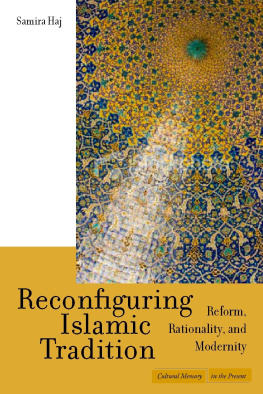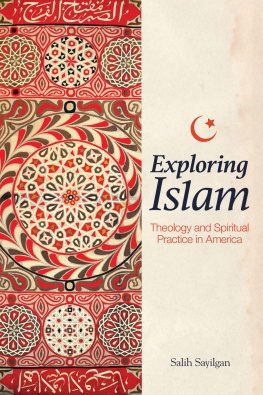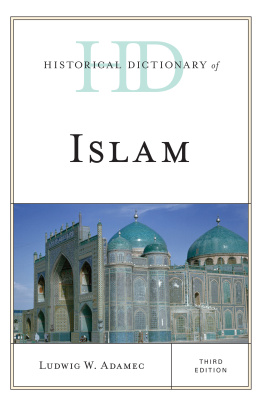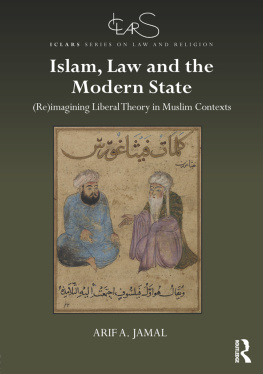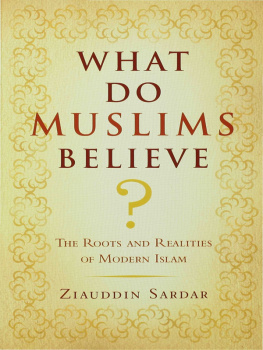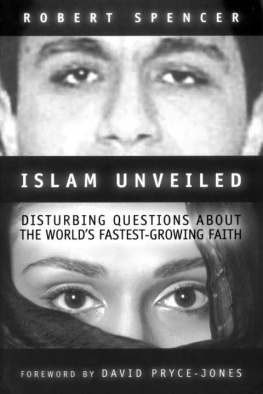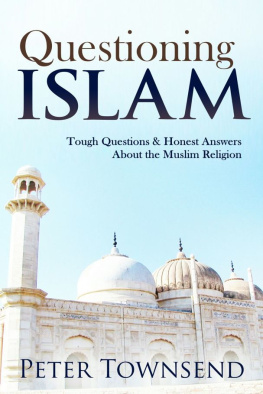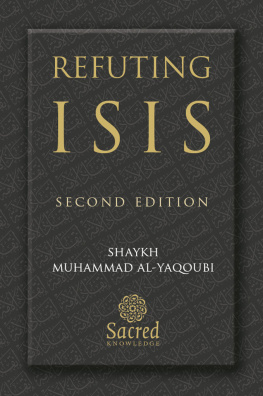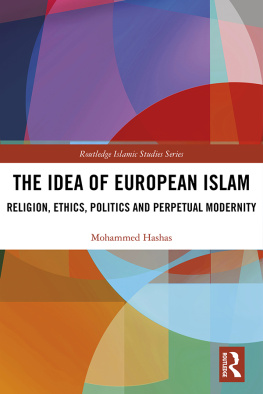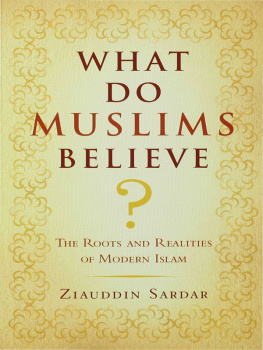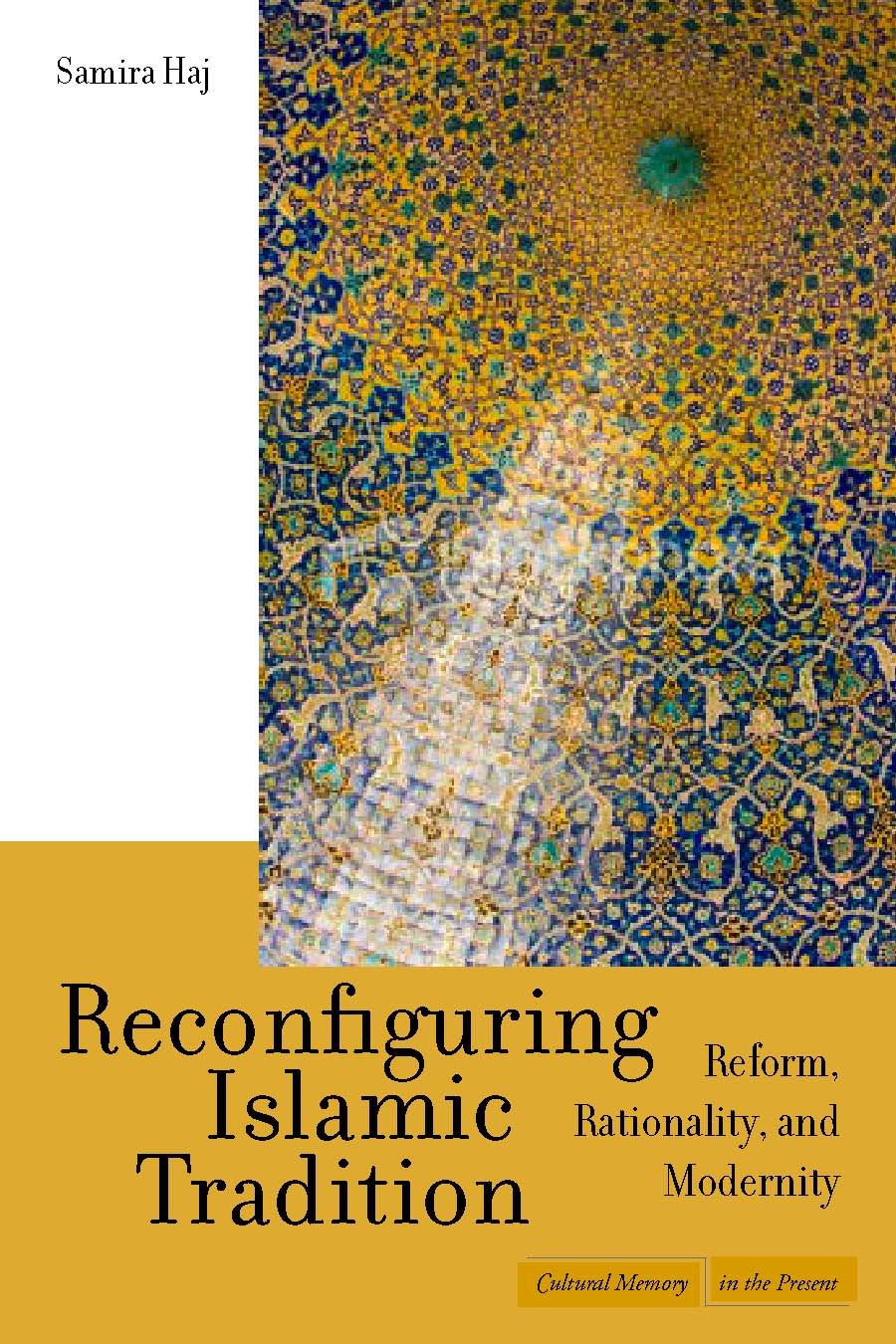Throughout this book, the term modern is used without qualification for descriptive convenience only, not because I am proposing that there is a singular definition for the modern or that there is a multiplicity of modernities.
Aspects of the orientalists view of Islam and Muslim reformers are discussed in Chapter 6.
For 1960s critiques of orientalist scholarship, see the Marxist Anwar Abdel Malek, Orientalism in Crisis, Diogenes 44 (1963): 10340; and the Arab nationalist A. L. Tibawi, English Speaking Orientalists, Islamic Quarterly 8 (1964): 2545. The turn toward a more leftist critique from a political economy perspective is apparent in Joe Stork, Middle East Oil and the Energy Crisis (New York: Monthly Review, 1975).
Edward Said, Orientalism (New York: Pantheon, 1978), 23. Said defined an orientalist as anyone who teaches, writes about, or researches the Orient; he defined orientalism as a style of thought based on ontological and epistemological distinction made between the orient and (most of the time) the Occident, and as the corporate institution of dealing with the Orientdealing with it by making statements about it, authorizing views of it, describing it, by teaching it, settling it, and ruling over it: in short, Orientalism as a Western style for dominating, restructuring and having authority over the Orient. The impact of Saids powerful critique extended beyond the field of Middle Eastern studies to generate entirely new academic disciplines questioning the assumptions and history of this hegemonic discourse and its relation to imperial powers, in both the colonial and neocolonial periods. For more on Said and his impact, see Robert Young, White Mythologies: Writing History and the West (New York: Routledge, 1990), 126, 12740.
Political economy came to replace modernization and cultural essentialism in the field of Middle Eastern studies following acceptance of the arguments Said set forth in Orientalism . The scholars who founded and write for the journal Middle East Research and Information Project ( MERIP ) are strongly representative of this change. Other broad political economy approaches include Alan Richards and John Waterbury, A Political Economy of the Middle East: State, Class, and Economic Development (Boulder, CO: Westview Press, 1990); and Roger Owen, The Middle East in the World Economy, 18001914 (London: Methuen, 1981). On the subject of colonialism and national revolutions, see, among others, Eric Davis, Challenging Colonialism: Bank Misr and Egyptian Industrialization, 19201941 (Princeton, NJ: Princeton University Press, 1983); Judith Tucker, Women in Nineteenth-Century Egypt (Cambridge: Cambridge University Press, 1985); Juan Cole, Colonialism and Revolution in the Middle East: Social and Cultural Origins of Egypts Urabi Revolt (Princeton, NJ: Princeton University Press, 1993); Kenneth Cuno, The Pashas Peasants: Land, Society, and Economy in Lower Egypt (Cambridge: Cambridge University Press, 1992).
A sample of the historiography influenced by the linguistic turn and postmodernist critiques include Michael M. J. Fisher and Mehdi Abedi, Debating Muslims: Cultural Dialogues in Postmodernity and Tradition (Madison: University of Wisconsin Press, 1990); Timothy Mitchell, Colonising Egypt (Cambridge: Cambridge University Press, 1988); Lisa Wadeen, The Ambiguities of Domination: Politics, Rhetoric, and Symbols in Contemporary Syria (Chicago: University of Chicago Press, 1999); Khaled Fahmy, All the Pashas Men: Mehmed Ali, His Army, and the Making of Modern Egypt (Cambridge: Cambridge University Press, 1997); Aziz al-Azmeh, Islam and Modernities (London: Verso, 1993).
See Charles Hirschkind, What Is Political Islam? Middle East Research and Information Report 205 (1997): 1215.
On Saids intellectual contradictions, see Young, White Mythologies , chapter 7. Young attributes the methodological tension in Orientalism to Saids commitment to the Enlightenment project of modernity and, particularly, to its humanist stance. In contrast to Saids mentor, Foucault, who attacked the human as an explanatory or experiential category, Saids humanist stance, particularly his fidelity to independent critical consciousness and the common enterprise of promoting the human community, as Young keenly points out, have often led Said to characterize the reality of the East according to the terms of the universalist claims of European high cultures, [so that] his analysis comes to seem remarkably close to an Orientalist work itself (13132). For other critics, see Aijaz Ahmad, Orientalism and After: Ambivalence and Metropolitan Location in the Work of Edward Said, in In Theory (London: Verso, 1992).

